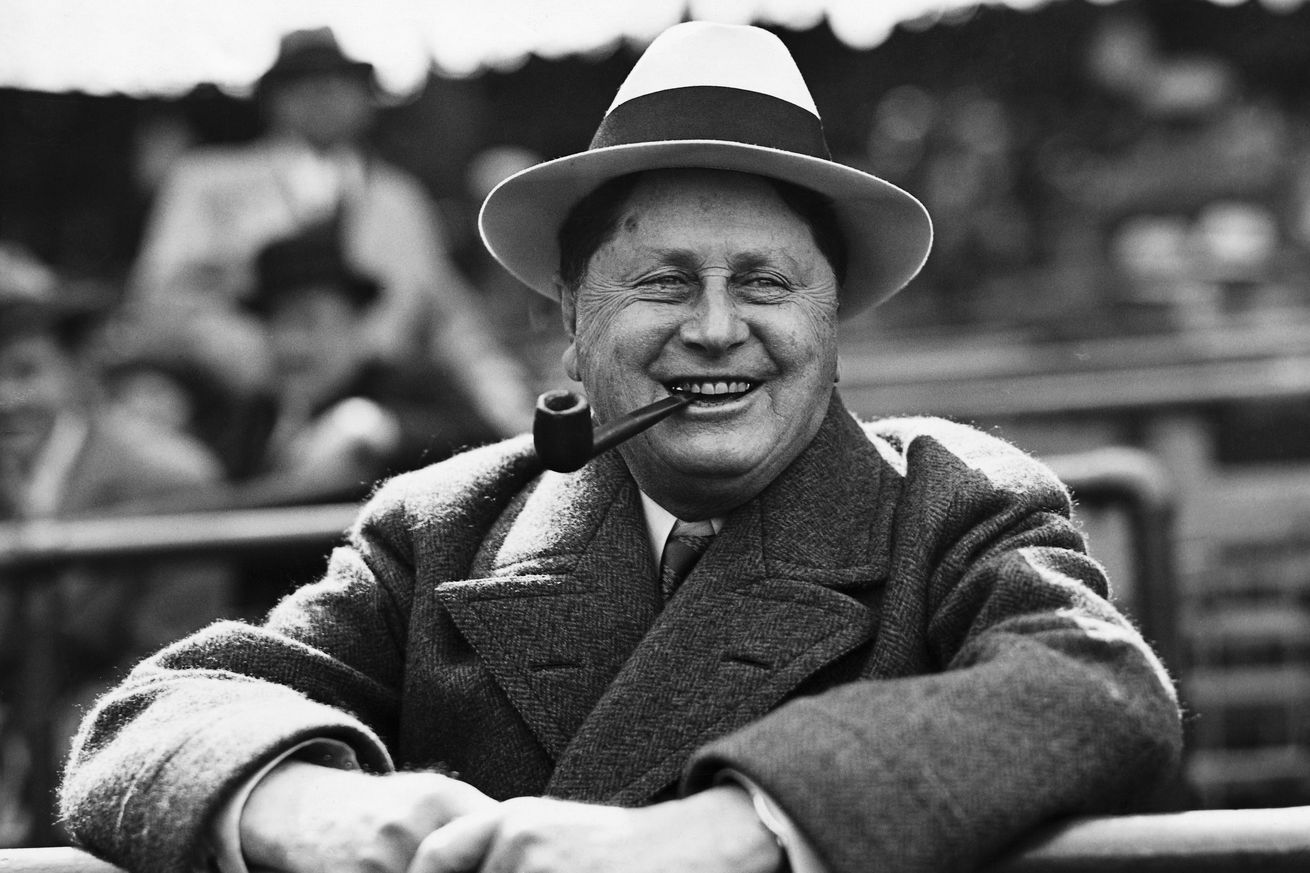
Talk about quiet years.
Coming off a 1919 season in which they had been competitive until a losing September, the 1920 Cubs started the year with a big clunk. They lost eight of their first 10, then went on a 22-7 run which put them in first place. That run ended with a nine-game winning streak — immediately followed by a 10-game losing streak that ended any thoughts of real contention.
It would be another year before William Wrigley would increase his share of Cubs stock enough to buy out the other partial owners and become the principal Cubs owner.
As such, the club kind of drifted and made exactly one major-league acquisition in 1920, and no player-for-player trades. Thus I am going to tell you about that player, plus five others they acquired from minor-league teams.
April 8: Acquired Zeb Terry from the Pirates for cash considerations
The Sporting News reported that Terry, a shortstop, was in a contract holdout and had not reported to spring camp by mid-March. The Cubs acquired him in early April and he had a pretty good year in 1920: .280/.341/.369, 26 doubles, nine triples, 12 stolen bases, 3.4 bWAR. The next two years were not as good and, according to Terry’s SABR biography:
Both Terry’s daughter, Betty Lou, and grandson, Alex, recalled that his wife, Lucile, simply got tired of the constant traveling by train. She said, “Why don’t we go home?”
And so, they did, and Terry’s baseball career ended. Back in those days, many men could make more in other businesses, and settled in Los Angeles:
According to his family, Zeb went into real estate, sold oil and gas leases, and managed property.
He died in 1988, aged 96.
July: Acquired Percy Jones from Eastland (West Texas League) for cash considerations
There’s no available record that shows the exact date of this transaction. What we do know is that Jones did not actually play for this minor-league team and his first game with the Cubs was a two-inning appearance against the Giants Aug. 6, 1920. He pitched in only four games that year, and not well, but later had several better years with the Cubs, including 1925, when he went 12-7 with a 3.09 ERA and posted 3.1 bWAR.
Probably his best contribution to the Cubs was being included in the deal that brought Rogers Hornsby to the North Side in 1928.
August 18: Acquired Oscar Fuhr from Omaha (Western League) for cash considerations.
Fuhr, a lefthanded pitcher, appeared in exactly one game for the Cubs, April 19, 1921, and he threw three scoreless innings before being pounded for 11 hits and nine runs in the ninth.
This is probably all you need to know about Oscar Fuhr, except for this, from his SABR biography:
Fuhr died in Dallas on March 27, 1975. As he looked back on his career, he entered an uncharacteristic response on the player questionnaire he completed for the Hall of Fame. Every player was asked one question at the conclusion of the form: “If you had it all to do over, would you play professional baseball? Almost universally, players answered in the positive. Fuhr wrote one word: “No.”
Okay, then!
September 1: Acquired Buck Freeman from Beaumont (Texas League) for cash considerations
Freeman pitched in 49 games (21 starts) for the Cubs in 1921 and 1922 and posted a 4.70 ERA. The Cubs then tried to trade him to a minor-league team in June 1922, but he refused to report.
September 21: Acquired John Kelleher from St. Joseph (Western League) for cash considerations
John Kelleher, as far as we know no relation to Mick Kelleher, was an infielder, like his future namesake. He batted .294/.339/.402 in 224 games for the Cubs from 1921-23 and then went to the Braves for cash.
November 11: Acquired Ray Grimes from Bridgeport (Eastern League) for cash considerations
Grimes had two very good years for the Cubs in 1921 and 1922, but his performance declined in 1923, largely due to a couple of significant injuries. Overall he batted .331/.418/.490 in 400 games for the Cubs from 1921-24, accounting for 10.9 bWAR. That’s actually quite good, but with his short career he’s been mostly forgotten. He had a son named Oscar who played in the major leagues from 1938-46 with Cleveland, the Yankees, and the A’s.
The Cubs got some reasonable production here at low cost so I’ll give these a “B” grade.
